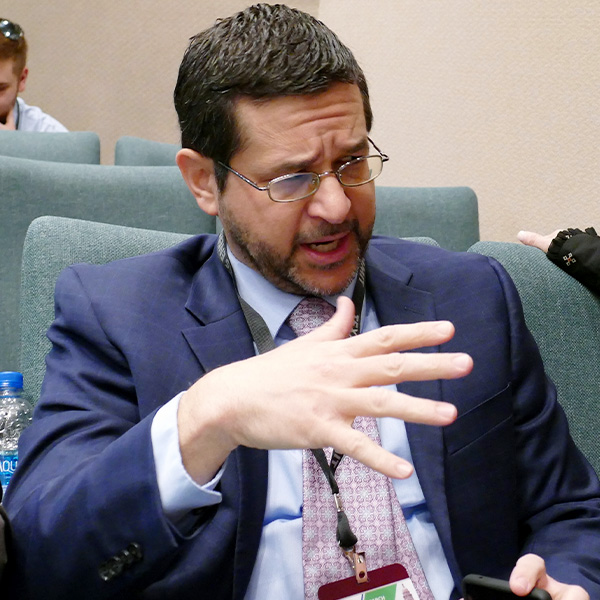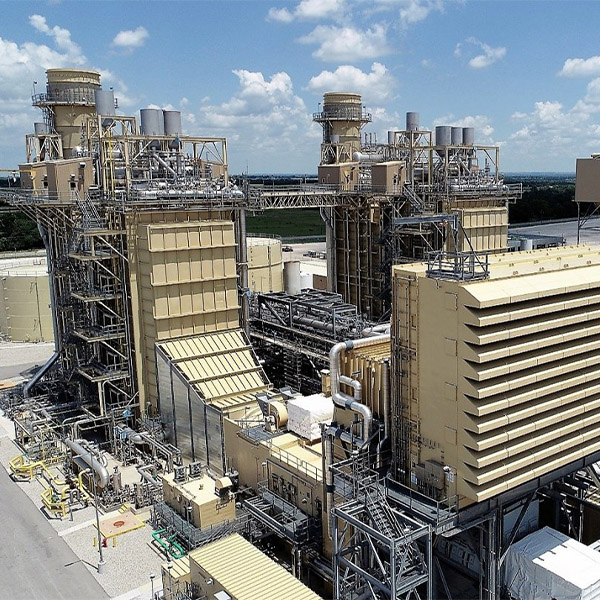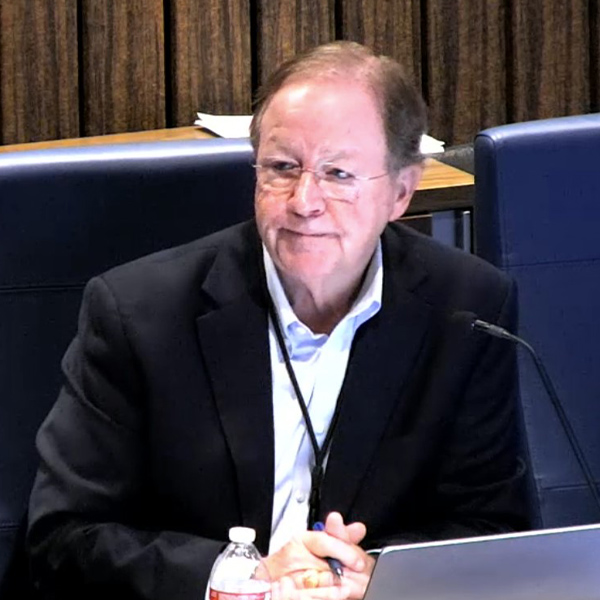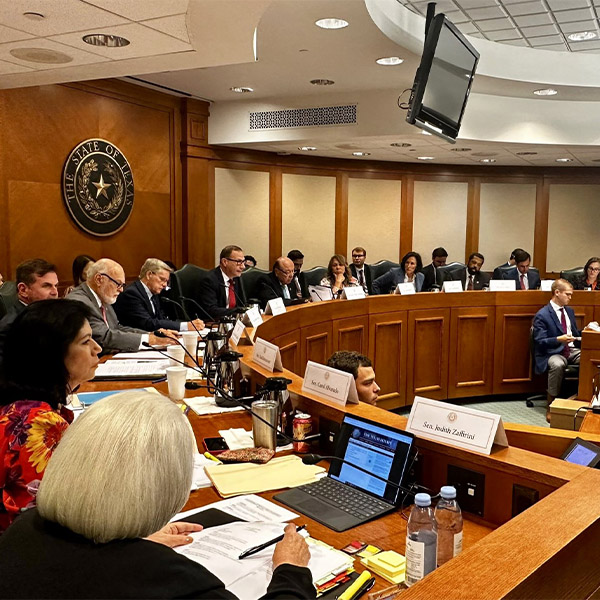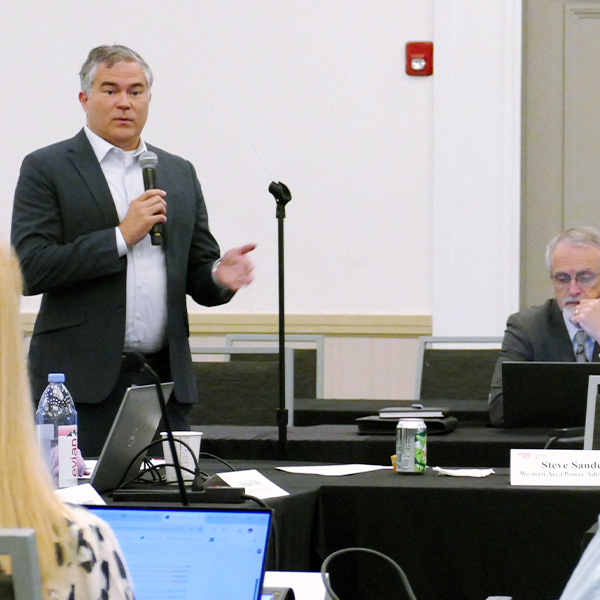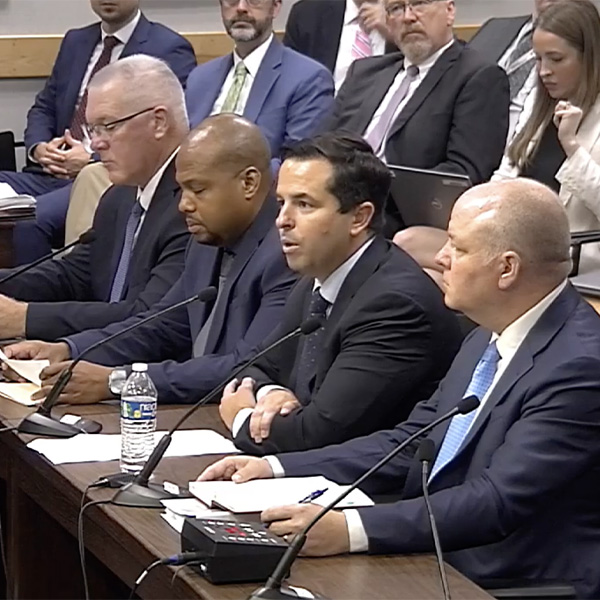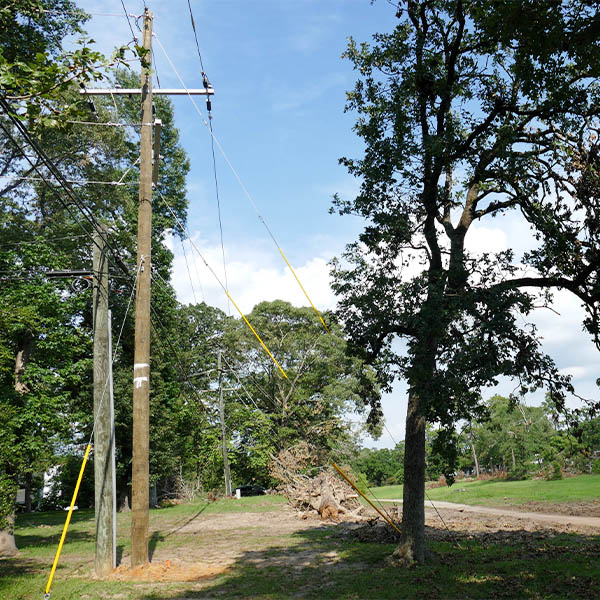ERCOT
ERCOT Board of DirectorsERCOT Other CommitteesERCOT Technical Advisory Committee (TAC)Public Utility Commission of Texas (PUCT)
The Electric Reliability Council of Texas manages the flow of electric power to about 90 percent of the state’s electric load. The nonprofit independent system operator is governed by a board of directors and is subject to oversight by the Public Utility Commission of Texas and the Texas Legislature.
Texas regulators have rejected the second-largest project from its portfolio of potential generation resources that would be built with state funds.
The Texas Public Utility Commission selected 17 generation projects for further review as part of a $5 billion loan program intended to add dispatchable, or thermal, generation to the ERCOT grid.
ERCOT’s rule change to the Nodal Operating Guide that imposes voltage ride-through requirements on inverter-based resources has been partially approved, but much work remains.
Texas lawmakers and regulators are trying to figure out how a puny Category 1 hurricane could have caused the devastation in Houston that led to long-term outages, and CenterPoint Energy has borne the brunt of the scrutiny.
SPP is considering a 765-kV solution and several 500-kV proposals in its Permian Basin footprint in Texas and New Mexico as it dabbles with extra-high-voltage transmission lines.
Entergy promoted its Hurricane Beryl response alongside a pair of pending settlements with Louisiana regulators over rates and the Grand Gulf Nuclear Station during a second quarter earnings call.
ERCOT issued an RFP seeking alternatives to a reliability must-run contract with CPS Energy, compensating for the utility’s planned retirement of a power plant.
CenterPoint Energy executives appeared before Texas regulators to apologize for the company’s slow restoration following Hurricane Beryl’s landfall and promised to do better next time.
Beleaguered Texas utility CenterPoint Energy has come under fire from the state’s political leadership, lawmakers, regulators and citizens over its slow restoration efforts following a Category 1 hurricane.
ERCOT has named former American Electric Power executive Gilbert Hughes as its new vice president of public affairs, where he will coordinate communications and government affairs.
Want more? Advanced Search
